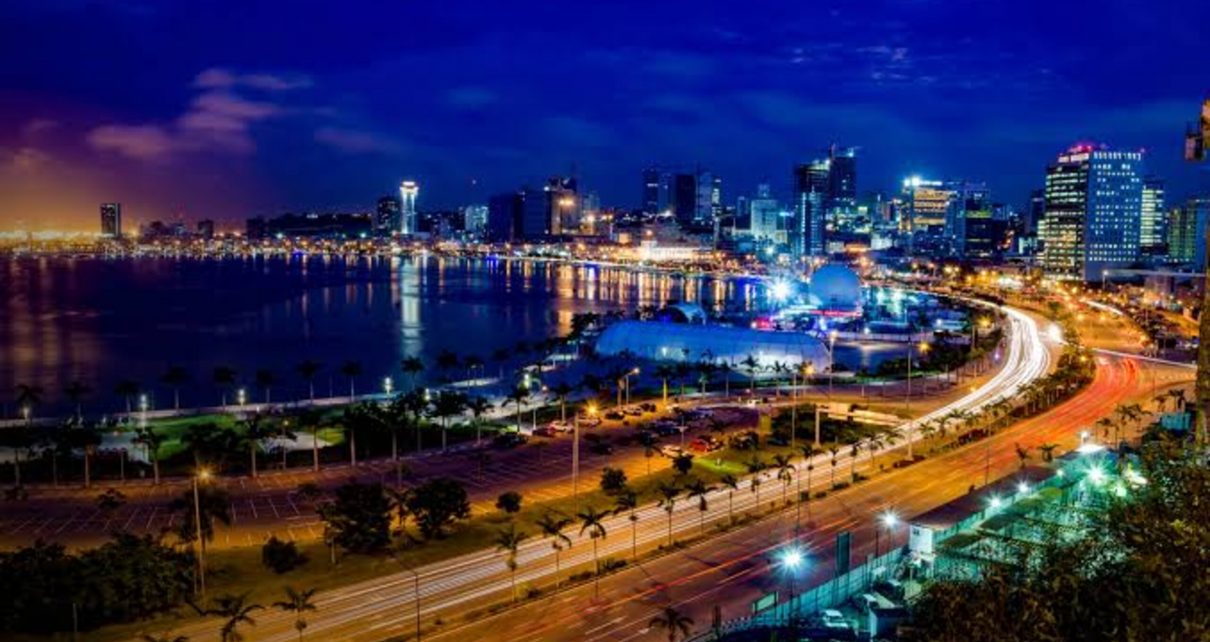If the continent’s numerous shocks are appropriately addressed, the Economic Commission for Africa (ECA) suggests that its economy might grow positively.
This is contained in a press release by Mr. Adam Elhiraika, Director of the Macroeconomics and Governance Division of the ECA, during the experts meeting currently taking place in Ethiopia.
Elhiraika stated that a review of recent economic and social trends in Africa by ECA focused on the complicated economic and financial picture on the combination of shocks that slowed the global economy.
These shocks, according to him, included the COVID-19 pandemic’s effects, an increase in prices brought on by the situation in Ukraine, and unusual weather patterns.
“The result is that Africa currently accounts for the largest share of the world’s poor, with 149 million previously non-poor Africans now facing the risk of falling into poverty.
“The global picture is different. In 2022, Africa saw the fastest expansion among developing world countries after East and South Asia.
“This is due to improvements in East, North and West African sub-regions, which drove Africa’s overall growth.
“We can project, based on our analysis, that East African countries will continue to show improvements, driven by the rebound of service and industrial activity.
“Higher State spending, increased trade, recovery of the tourism sector, closer regional linkages through the East African Community and increased infrastructure investments will also drive improvement,” Elhiraika said.
According to him, rising import needs in the Eurozone would lead North Africa’s growth to pick up, going from 3.9% in 2022 to 4.8% in 2023.
The director believes that this will raise demand for exports from North African nations, along with an increase in visitor numbers and remittance inflows.
Elhiraika noted that greater levels of commerce with the Eurozone were anticipated to have favourable consequences for Algeria, Morocco, and Tunisia.
According to him, Cameroon and Gabon’s robust local output helped Central Africa flourish as a result of efforts to counter the worldwide rise in oil prices.
He projected that in 2023, Senegal’s growth rate would continue to exhibit outstanding advances in West Africa.
The director explained that this was because hydrocarbon exports had started and prices for natural gas were going up at the same time.
He predicted that West Africa would increase marginally, to 3.8% in 2023, while Southern Africa, led by South Africa, would grow slowly, on average, at 2.8%.
“Ultimately, governments need effective coordination between monetary and fiscal policy; this is critical for reducing inflation while shielding the most vulnerable households.
“Moreover, to make inroads in meeting the SDGs, governments need to improve macroeconomic fundamentals and deepen structural transformation.
“They also need to enhance domestic resource mobilisation, reduce illicit financial flows and integrate innovative mechanisms and instruments such as green financing and carbon markets to spur and stimulate investments.
“The African Continental Free Trade Area (AfCFTA)must be accelerated to speed up industrialisation and diversification.”
Elhiraika declared that global change was necessary.
He contends that changing the global financial system is essential to gaining access to the multilateral development banks’ better lending terms and the much-needed inexpensive long-term finance.
“Liquidity and Sustainability Facility and the Common Framework for Debt Treatments beyond the Debt Service Suspension Initiative could grant access to lower borrowing costs and allow African Governments to meet the SDGs.”



